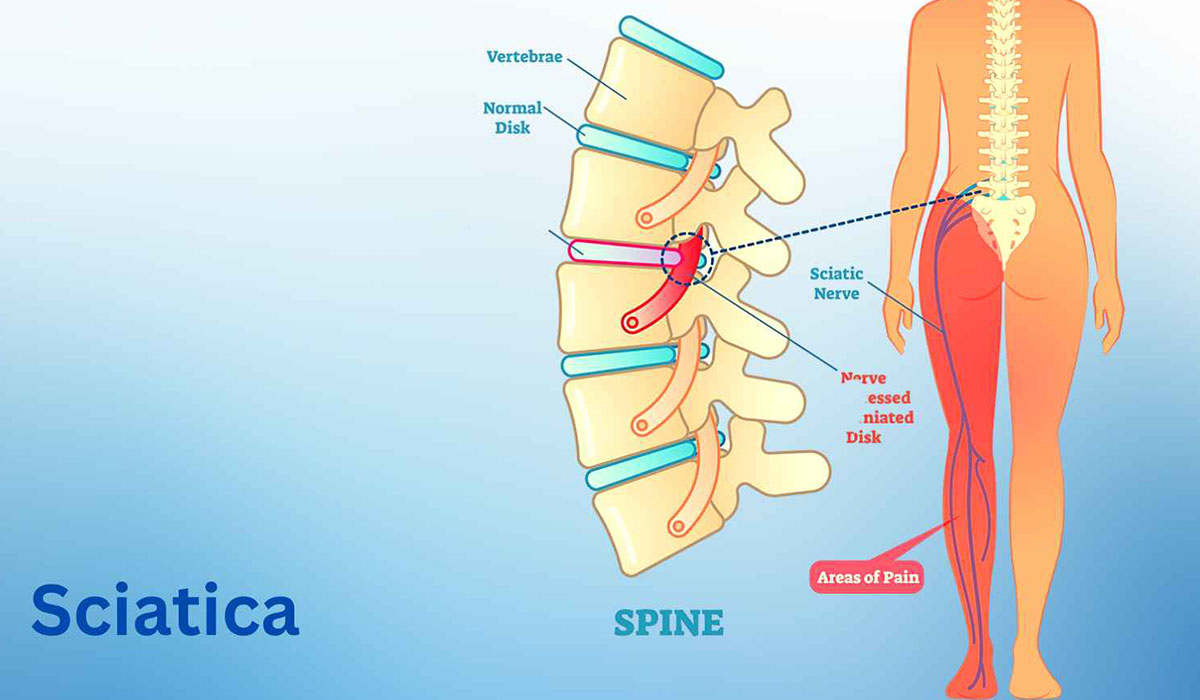Pain is the body’s way of signaling that something is wrong. While occasional aches and discomfort are normal, chronic or severe pain can significantly impact your quality of life. Many people try to manage pain with over-the-counter medications or home remedies, but when pain persists or worsens, it may be time to consult a pain specialist.
Pain specialists are medical professionals trained to diagnose, treat, and manage complex pain conditions. They use a multidisciplinary approach, combining medications, physical therapy, interventional procedures, and lifestyle modifications to provide relief. Ignoring persistent pain can lead to long-term complications, so recognizing when to seek expert help is crucial.
Here are five key signs that indicate you should see a pain specialist:
Chronic Pain Lasting More Than Three Months
Acute pain typically subsides as the body heals, but if your pain persists beyond three months, it’s considered chronic. Conditions like arthritis, fibromyalgia, nerve damage (neuropathy), or unresolved injuries often cause long-term discomfort. If standard treatments (such as painkillers or rest) aren’t working, a pain specialist can identify the root cause and create a tailored treatment plan.
Pain That Limits Daily Activities
If pain interferes with your ability to work, exercise, sleep, or perform routine tasks, it’s a red flag. Persistent back pain, migraines, joint stiffness, or muscle spasms can make even simple movements unbearable. A pain specialist can assess functional limitations and recommend therapies like nerve blocks, spinal injections, or physical rehabilitation to restore mobility.
Pain That Spreads or Radiates
Localized pain that starts spreading to other areas—such as sciatica (radiating leg pain), shoulder pain moving down the arm, or headaches extending to the neck—may indicate nerve compression or systemic issues. A pain specialist can perform diagnostic tests (like MRIs or nerve conduction studies) and provide targeted treatments to prevent further damage.
Dependence on Pain Medications
Overusing over-the-counter (OTC) pain relievers or opioids can lead to dependency, stomach ulcers, liver damage, or reduced effectiveness over time. If you find yourself frequently relying on medications without significant relief, a pain specialist can explore alternative solutions, such as:
- Non-opioid medications (anti-inflammatories, muscle relaxants)
- Minimally invasive procedures (steroid injections, radiofrequency ablation)
- Physical therapy and acupuncture
- Lifestyle and dietary modifications
Unexplained or Worsening Pain
Sometimes, pain arises without a clear cause or intensifies despite treatment. Autoimmune disorders, nerve damage, or undiagnosed conditions like complex regional pain syndrome (CRPS) may be responsible. A pain specialist conducts thorough evaluations to uncover hidden issues and prevent further complications.
Why Choose a Pain Specialist Over a General Physician?
While primary care doctors can manage mild pain, specialists have advanced training in pain mechanisms and cutting-edge treatments. They offer:
- Accurate diagnosis through advanced imaging and tests
- Personalized pain management plans (not just medication)
- Access to interventional therapies (epidural injections, spinal cord stimulation)
- Holistic approaches (psychological support, stress management)
Looking for Expert Pain Relief in Gandhinagar?
If you’re struggling with unrelenting pain and need specialized care, NEXUS Advanced Pain Management is a trusted center for comprehensive pain solutions. Their team of experienced pain physicians uses evidence-based techniques to diagnose and treat chronic pain conditions effectively. From advanced injections to customized rehabilitation programs, NEXUS ensures a multidisciplinary approach to restore your comfort and functionality. Don’t let pain control your life—consult a specialist today and take the first step toward lasting relief.
Final Thoughts
Ignoring persistent pain can lead to decreased mobility, emotional distress, and a lower quality of life. Recognizing these five signs—chronic duration, activity limitations, radiating pain, medication dependence, and unexplained worsening—can help you seek timely intervention. Pain specialists offer targeted treatments that go beyond temporary fixes, addressing the underlying cause for long-term relief. If you’re experiencing any of these symptoms, consider scheduling a consultation with a pain management expert to reclaim a pain-free, active lifestyle.





